AI Horizons PH 2024
The AI Horizons PH 2024 conference, hosted by the University of the Philippines at their Bonifacio Global City (BGC) campus, brought together a diverse group of experts, academics, and enthusiasts to discuss the rapidly evolving field of artificial intelligence (AI) and its implications for society.
The event covered a wide range of topics, from AI’s impact on government policy and entrepreneurship to ethical considerations and technological advancements.
Artificial Intelligence and Government Policy
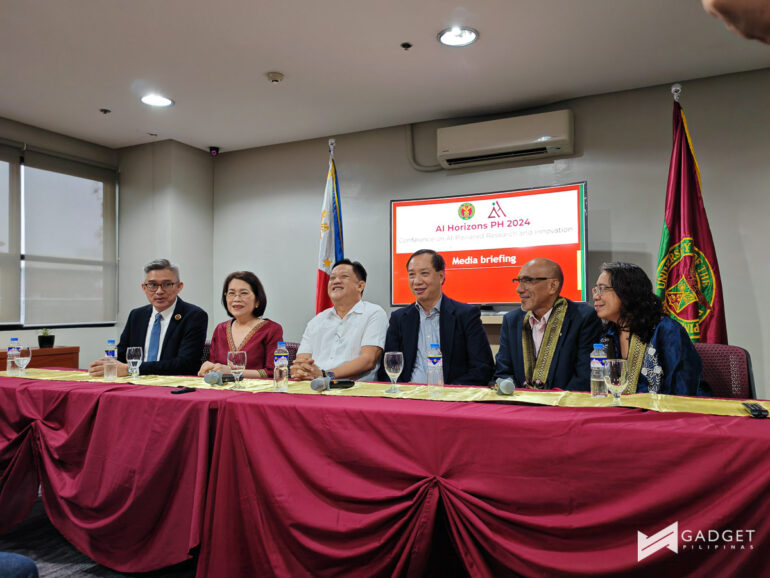
The conference kicked off with a welcome note by University of the Philippines President, Angelo “Jijil” Jimenez, who emphasized the critical role that AI plays in shaping government policy and governance. He highlighted how AI can streamline bureaucratic processes, enhance decision-making, and improve public service delivery.
During the press briefing, members of panel cautioned about potential pitfalls, such as privacy concerns and the risk of algorithmic bias, urging policymakers to develop frameworks that ensure transparency and accountability in AI deployment.
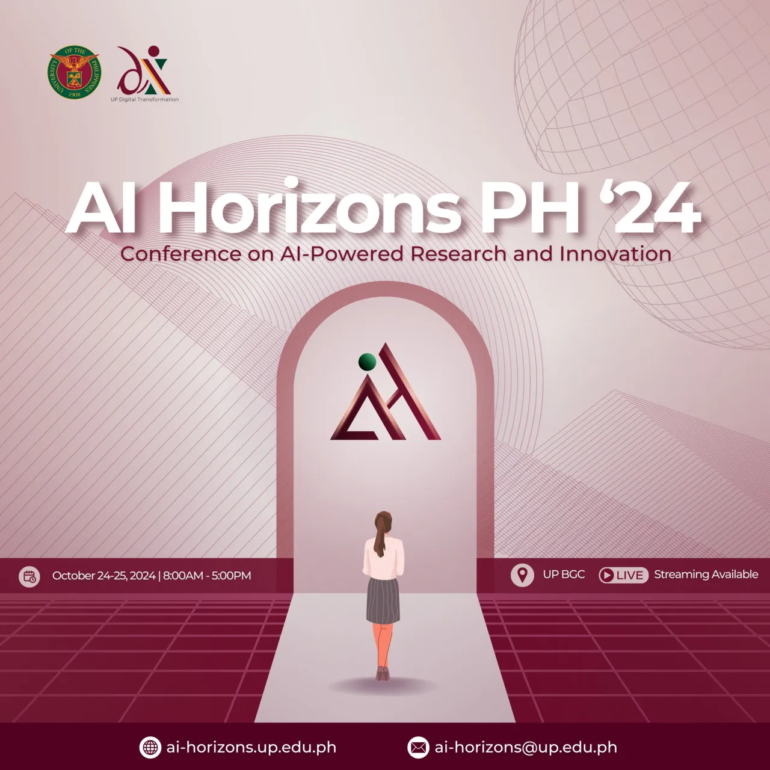
The conversations during the press conference revolved around discussions about how AI can transform governance structures and public policy. They explored the potential for AI to optimize resource allocation, improve infrastructure planning, and enhance citizen engagement through data-driven insights.
AI Expertise and Research Collaboration
The 2-day AI Horizons PH 2024 conference puts spotlight on a research immigration club that combines AI expertise with insights from various fields such as education, governance, materials science, energy, and marketing. This interdisciplinary approach aims to foster collaboration among academics from different universities, industry partners, and government agencies to leverage AI in addressing complex challenges.
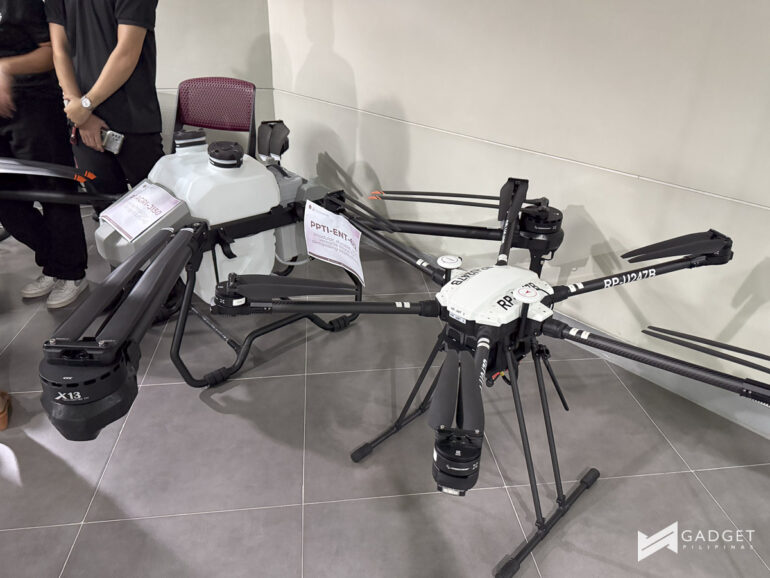
The club’s initiatives include developing AI solutions for sustainable energy management, improving educational outcomes through personalized learning tools, and enhancing governance through predictive analytics. In a statement by Jose Emmanuel Reverente, University of the Philippines Adviser for Innovation, he said that by bringing together diverse perspectives and expertise, the club seeks to drive innovation and create impactful solutions that benefit society.
AI’s Role in Healthcare and Vaccination
Another significant topic discussed during the press conference was the role of the AI community in promoting vaccination awareness and education. Prof. Emeritus Giselle Concepcion, Special Adviser to the President for Research and Innovation, underscored how AI can be used to provide clear and accessible explanations about vaccines, addressing misinformation and building public trust. This initiative is part of a broader effort known as “the brain,” which aims to integrate vaccination explanations into regular healthcare practices.
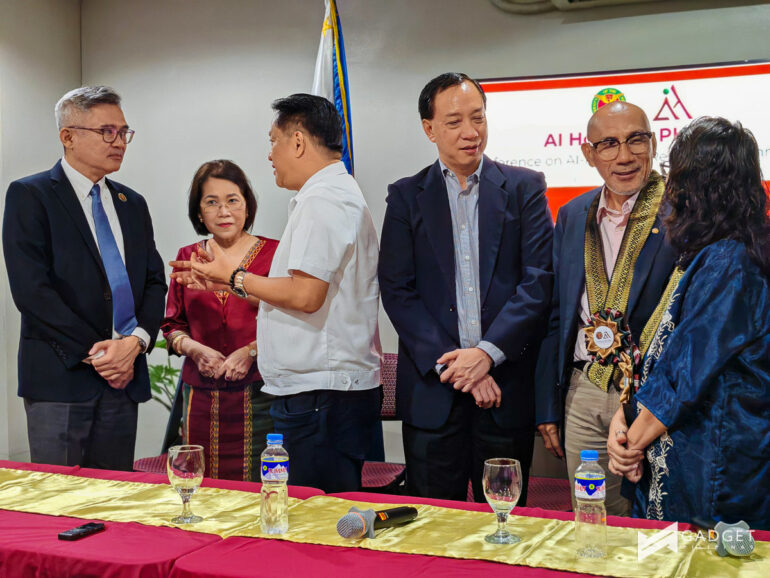
By leveraging AI’s capabilities in natural language processing and data analysis, healthcare providers can deliver personalized information to patients, helping them make informed decisions about their health. This approach not only supports public health goals but also demonstrates AI’s potential to enhance communication and education in critical areas.
Youth Empowerment and Entrepreneurship
Prof. Concepcion also mentioned that the conference also highlights the transformative potential of AI for youth empowerment and entrepreneurship. It was later seconded by Mr.Reverente by telling how AI can inspire young people to explore new possibilities, develop innovative solutions, and realize their potential. The University Business Incubator (UBI) was mentioned as a platform that fosters collaboration among entrepreneurs, students, and researchers.
AI-powered startups showcased at the conference demonstrated practical applications across various industries, from healthcare to finance. These ventures exemplify how young innovators are using AI to address real-world problems, creating opportunities for economic growth and social impact.
Ethical Considerations and Regulation
Ethics emerged as a central theme throughout the conference discussions. Members of the press expressed concerns about technology misuse and emphasized the importance of ethics education in guiding responsible AI development. In fact, according to Dr. Laura David, Director UP Marine Science, the university offers a course on ethics in AI that covers topics such as politics, elections, and societal impacts.
Jiji Jimenez, UP President also said that a proposed regulatory framework with key elements was presented to ensure meaningful human control over AI systems. This framework emphasizes transparency, accountability, and ethical considerations as essential components for preventing potential negative consequences of unchecked AI advancement.
AI’s Impact on Society
The rapid integration of AI into various aspects of life raises important questions about its societal impact. Concerns about job displacement due to automation were addressed alongside discussions on privacy issues arising from data-driven technologies. Mr.Jimenez, and other members of the panel, called for responsible development practices that prioritize human well-being while harnessing AI’s benefits.
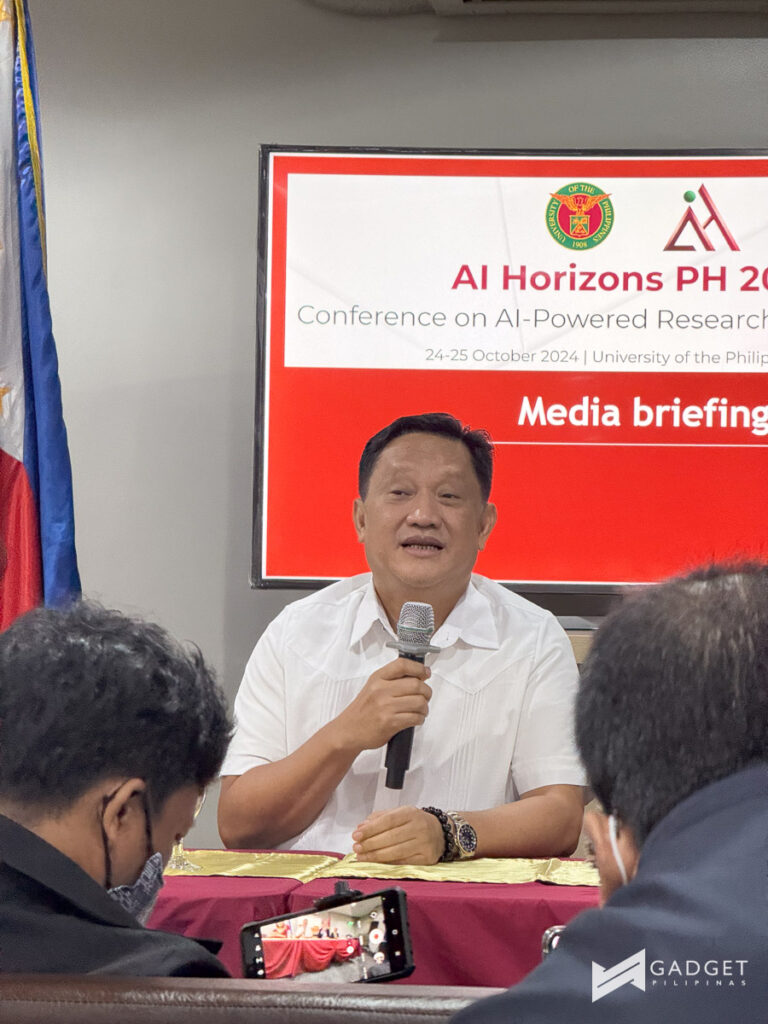
The conference also explored how digital transformation can drive regional development by leveraging data-driven insights for economic growth. By embracing innovation and fostering collaboration among stakeholders across sectors, societies can navigate these challenges effectively while maximizing opportunities for progress.
Promoting Energy Efficiency with AI
Energy efficiency was another critical topic at the conference. According to Dr. Elmer P,. Dadios of DLSU, as supercomputers play an increasingly vital role in advancing AI research, their substantial energy consumption presents challenges that need addressing. Discussions focused on strategies for promoting energy-efficient computing practices without compromising performance or innovation potential.
During the press briefing, Dr. Prospero C. Naval, Jr., UP Department of Computer Science, said that experts advocated for hybrid or side systems capable of tackling simple problems efficiently while reserving high-performance resources for more complex tasks requiring significant computational power. This approach aligns with sustainability goals by minimizing environmental impact while advancing technological capabilities.
A Vision for the Future
The AI Horizons conference provided valuable insights into how artificial intelligence can shape our future across multiple domains—from governance policies to healthcare innovations—and highlighted both opportunities presented by this transformative technology as well as challenges requiring careful consideration moving forward.
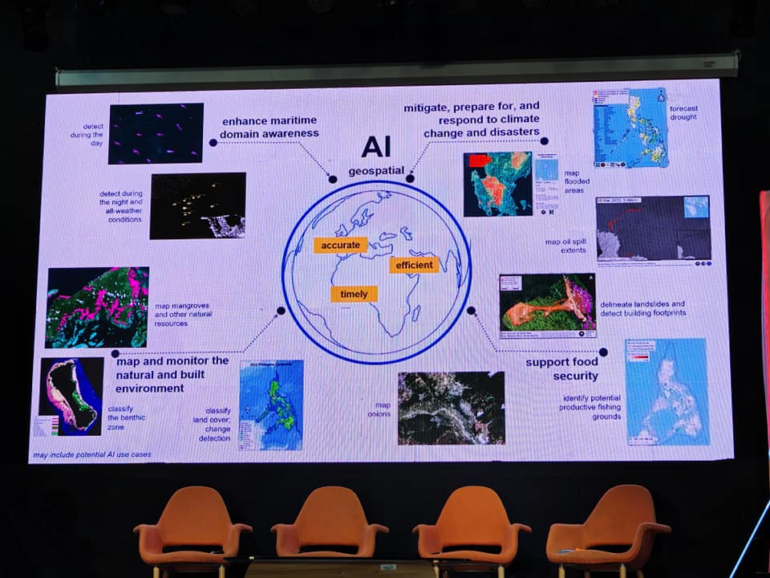
By fostering interdisciplinary collaboration among researchers from diverse fields alongside industry partners & government agencies alike; promoting ethical standards & regulatory frameworks ensuring transparency & accountability; empowering youth through entrepreneurship initiatives; addressing societal impacts such as job displacement/privacy concerns; optimizing energy efficiency practices within computing infrastructures—the Philippines stands poised not only become major player within global arena but also leverage creativity inherent Filipino culture create innovative solutions benefiting all citizens alike.
Source: Gadget Pilipinas
0 Comments